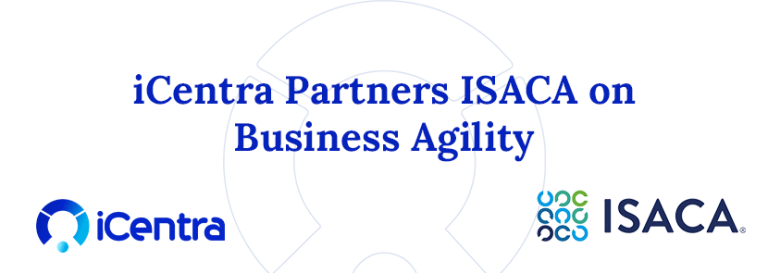Over the last decade, the observation has been made that organizations are facing a new context characterized by increased competition, increased rates of product, service, and process innovation, and an increasing emphasis on time to market. Organizations have responded to these challenges by developing new, more flexible organizational forms in which projects are both more numerous and more strategically important. As part of the response to these new challenges and as part of the movement to increase both the number and the strategic importance of projects many organizations have implemented a new organizational entity, the most common name for which is the project management office or PMO.
What Is a PMO?
A project management office (PMO) is a group or department that defines, maintains, and ensures project management standards across an organization. A PMO can either be internal or external. They can also be referred to as a program or project portfolio management office, but they’re different types of PMOs. Let’s quickly explain the differences:
- Project Management Office: Provides administrative support for the project management team and standardizes the project-related management processes.
- Program Management Office: Manages the program governance process and coordinates the efforts of the program management team.
- Portfolio Management Office: The project portfolio management office oversees all the projects and programs of an organization and supports project and program management offices.
A Project Management Office, or PMO, is a centralized entity within an organization responsible for overseeing and standardizing project management processes, practices, and governance. It serves as a strategic enabler, aligning project activities with organizational objectives and ensuring that projects are executed efficiently, effectively, and in line with best practices. The PMO acts as a driving force for change, fostering innovation, collaboration, and continuous improvement across the organization.
The Role of PMO
Gain a competitive advantage by taking a closer look at the role of PMO.
1. Drives Efficiency and Consistency
At the heart of every successful organization lies a robust framework for project management. The PMO serves as the guardian of this framework, ensuring that projects are executed with precision, consistency, and efficiency. By establishing standardized processes, best practices, and governance structures, the PMO eliminates redundancies, minimizes risks, and maximizes resource utilization.
2. Fosters Strategic Alignment
In the hyper-connected world strategic alignment is paramount for organizational success. The PMO acts as a strategic enabler, aligning project portfolios with the overarching goals and objectives of the organization. Through careful prioritization, resource allocation, and performance monitoring, the PMO ensures that every project contributes towards the realization of the organization’s vision.
3. Mitigates Risks and Enhances Resilience
There are countless risks that project teams must face. These risks can range from budget overruns to scope creep, making it challenging for teams to navigate the terrain successfully. However, with the Project Management Office (PMO) acting as a protective shield, organizations can rest easy knowing they are well-equipped to counteract any potential threats. The PMO proactively identifies potential hazards, implements mitigation strategies, and provides timely support and guidance to project teams. By fostering a culture of risk awareness and resilience, the PMO empowers organizations to tackle uncertainties with unwavering confidence.
4. Encourages Innovation and Continuous Improvement
Innovation is the lifeblood of progress, and the PMO plays a pivotal role in nurturing a culture of innovation within organizations. By encouraging experimentation, collaboration, and knowledge sharing, the PMO sparks creativity and drives continuous improvement across all facets of project management. Organizations can achieve greater success by adopting cutting-edge technologies and embracing agile methodologies with the help of PMO as a catalyst for positive change.
5. Stakeholder Engagement and Communication
Effective communication lies at the heart of successful project delivery. The PMO serves as a central hub for communication, facilitating seamless collaboration and coordination between project teams, stakeholders, and senior management. Through clear communication channels, regular progress updates, and transparent reporting mechanisms, the PMO ensures that all stakeholders are kept informed and engaged throughout the project lifecycle.
Once a PMO is established and it begins to benefit your projects, you will find it an integral part of your organization as a whole. It helps support success and provides an overview for project managers who might not always see the whole picture, allowing them to do better work for your company and their teams.
Ready to start a PMO at your organization? Make sure you set it up correctly and effectively, so your PMO can have a positive impact on your organization.iCentra Consulting certified project managers are readily available to help you set up a PMO for improved and excellent performance, so contact a trusted partner who understands project management and its concepts.






